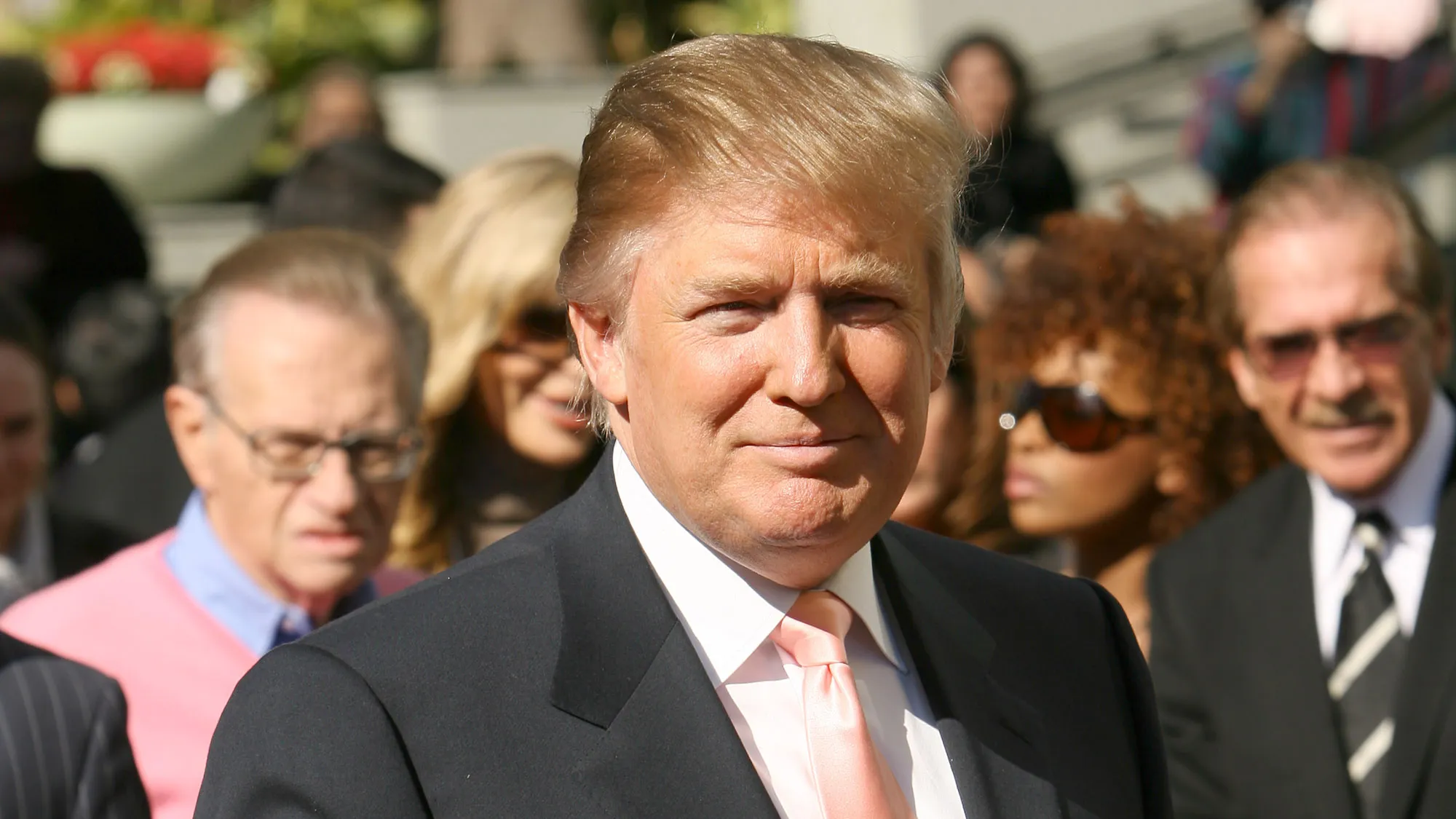By Samantha Bergeson
Copyright vanityfair

On Monday, Trump once again declared his intent to tax internationally-made films. “Our movie making business has been stolen from the United States of America, by other Countries, just like stealing ‘candy from a baby,’” Trump wrote September 29 on Truth Social. “California, with its weak and incompetent Governor [Gavin Newsom], has been particularly hard hit! Therefore, in order to solve this long time, never ending problem, I will be imposing a 100% Tariff on any and all movies that are made outside of the United States. Thank you for your attention to this matter. MAKE AMERICA GREAT AGAIN! President DJT.”
Trump’s new missive comes 78 days before the Oscars shortlist nominations are announced on December 16, and less than six months before the 2026 ceremony takes place March 15. Should a tariff take effect before then, it could have reverberations far beyond the best international feature category. The increasingly international Academy has gotten in the habit of rewarding more and more movies produced entirely or partially abroad, especially in the years since Parasite took home best picture in 2020. At last year’s ceremony, international productions from countries including Poland, Hungary, France, and the UK won Oscars in three out of four acting categories, though best picture, actress, and director went to the all-American Anora.
According to the president, international features are a parasitic plague upon Hollywood. Trump has called internationally-made films a “National Security threat” that have led to the “very fast death” of cinema. He has said that Hollywood is “being destroyed” because of “other nations […] stealing the moviemaking capabilities from the United States.”
Most of Hollywood agrees that American-made films are struggling—though it’s not clear whether penalizing international features will give domestic features a boost. According to The Hollywood Reporter’s calculations, the U.S. has produced 10% less films in 2025 than it did the year prior. The United Kingdom and Canada are also experiencing year-over-year production spend declines; Australia is the only listed nation that has increased its output, but that country’s film market is only a fraction of Hollywood’s. Australia spends $1.1 billion American annually on films, compared to $7.2 billion in the U.S. All of the aforementioned nations also give large-scale Hollywood productions generous tax incentives to shoot there rather than in the U.S.
Trump isn’t alone in pushing for more projects to be shot in the U.S.: California Governor Newsom, whom Trump once again singled out in his latest social media tirade, is already working on increasing tax incentives for Hollywood productions. Newsom doubled the amount of funding for state-filmed projects in 2024, and his administration further expanded the Film and Television Tax Credit Program for California in August 2025. An August 27 announcement estimated that $1.1 billion will be generated in spending across California, with $413 million in qualified wages, thanks to 22 TV series currently being filmed in-state.
California Senator Adam Schiff and U.S. Representative Laura Friedman are among the politicians who agree that a federal film and television tax incentive would do more to increase production stateside than creating tariffs on films produced internationally.
“I’m relieved President Trump recognizes that we are losing a signature American product: the domestic film & TV industry,” Friedman, who also worked as a former film producer and now represents the district including studio hub Burbank, said in a press statement on September 29. “However, his 100% tariff on foreign films will raise costs for consumers. As the representative of nearly every major producer in Hollywood and a former film producer, I know what will work, without harming consumers: a national film tax credit. It’s working in California and it will work across the country.”
Schiff added, “I strongly support bringing movie making back to California and the U.S. Congress should pass a bipartisan globally-competitive federal film incentive to bring back production and jobs, rather than levy a tariff that could have unintended and damaging consequences. We have an opportunity to pass a major federal film tax credit. I’m ready to work with this administration and my colleagues on both sides of the aisle to get it done.”
It remains unclear how serious Trump is about this tariff. Back in May, when Trump first threatened tariffs on international productions, White House spokesperson Kush Desai contradictorally told press that “no final decisions on foreign film tariffs have been made” at that time. “The Administration is exploring all options to deliver on President Trump’s directive to safeguard our country’s national and economic security while Making Hollywood Great Again,” Desai added. Perhaps Desai can provide clarity once again; as of now, the White House press office has not responded to a request for comment.



